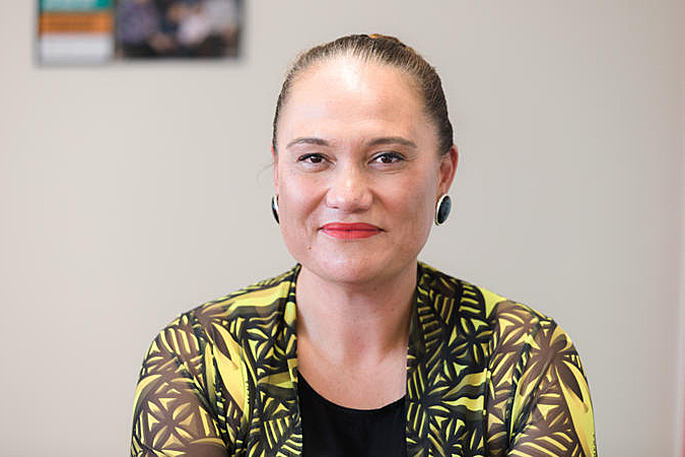The Government is aiming to create opportunities for at-risk rangatahi to overcome barriers to employment, education or training with the next tranche of He Poutama Rangatahi programmes.
'We're focused on supporting rangatahi to get what they need to progress in the real world, which is why we've announced funding for four programmes that aim to support rangatahi with driver license and work experience, digital skills and support with documentations for employment,” says Minister for Social Development and Employment Carmel Sepuloni.
'He Poutama Rangatahi is a successful and worthwhile initiative,” says Sepuloni.
'For example, if you don't have a driver license, qualifications or practical work skills, it is very difficult to tackle these challenges alone which is why this investment boost in these rural communities is important.”
To date, He Poutama Rangatahi has supported 2453 into employment, education or training.
'I expect over 160 rangatahi and their whānau to benefit from participating in these programmes,” Sepuloni insists.
'The four employment and skills programmes are Te Ara Poutama in Tairāwhiti/Gisborne, the School of Hard Knocks in the Bay of Plenty and Life Talk and Mauri Mahi, Mauri Ora, both in Tai Tokerau/Northland.
'Three of the programmes - Te Ara Poutama, School of Hard Knocks and Life Talk – are already established with successful track records. Just as important is the ongoing pastoral care all four of these programmes are providing to help rangatahi keep to the path they've worked so hard to forge.”
So far, 81 per cent of He Poutama Rangatahi enrollers identify as Māori and 41 per cent are wahine.
'It is exciting to see the success stories coming through from these trusts which have previously run programmes with He Poutama Rangatahi funding.
'On average, over 80 percent of graduates from these three programmes have gone on to enrol in further education or training or got jobs. Providing additional funding for programmes like these with proven track records means more positive outcomes for participating rangatahi.”
Sepuloni believes the results highlight how tailoring programmes to the needs of young people and their region helps them overcome challenges, and into sustainable employment, education or training.
'The vast majority of rangatahi complete these programmes so they can move forward in their lives better equipped to choose career and life pathways that will not only better their own futures, but the future of their whānau and their communities,” says Sepuloni.



0 comments
Leave a Comment
You must be logged in to make a comment.